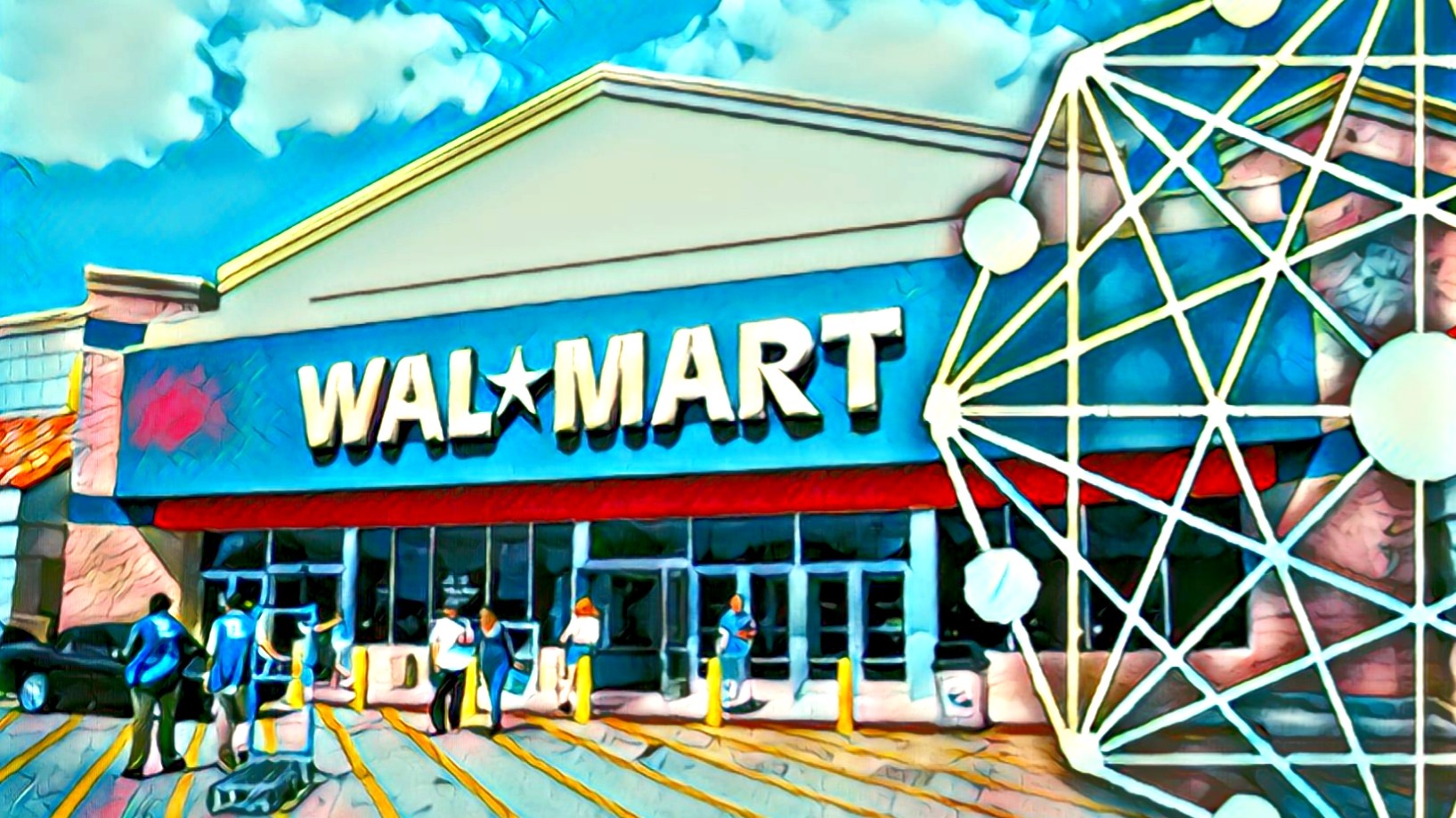American multinational retail giant Walmart has entered the world of blockchain by joining the MediLedger blockchain consortium for tracking the provenance of pharmaceuticals, according to a report by CoinDesk on June 3.
Walmart Using Enterprise Version of Ethereum Blockchain
MediLedger uses an enterprise version of the Ethereum blockchain, is built with a modified version of the Parity client, and uses a consensus mechanism called proof-of-authority.
The primary goal of MediLedger is to create an interoperable digitized system for tracking and verifying prescription drugs, and the consortium hopes to accomplish this by at least 2023, the year Congress has mandated it must be delivered by.
Currently, MediLedger’s members include large US pharmaceutical wholesalers such as McKesson, AmerisourceBergen, and Cardinal Health, as well as the pharmaceutical manufacturing giant, Pfizer.
Moreover, MediLedger is in the midst of launching a pilot project with the US Food and Drug Administration (FDA) for the tracking and verifying of prescription drugs with the use of Ethereum’s blockchain technology.
Final Thoughts
While MediLedger is using a privatized version of the Ethereum blockchain, this system may prove to be disadvantageous because the US healthcare system is fragmented due to privatization.
An open public blockchain network would be better suited for the adoption and growth of MediLedger, as it would benefit from greater interoperability and be open for every company to use and adopt.
Therefore, it’s possible that MediLedger will eventually connect to the Ethereum global blockchain to reap the benefits of public open networks. Especially now that Nightfall’s privacy enabling Ethereum blockchain features are released to the public, MediLedger will be able to maintain a private enterprise blockchain on Ethereum.

